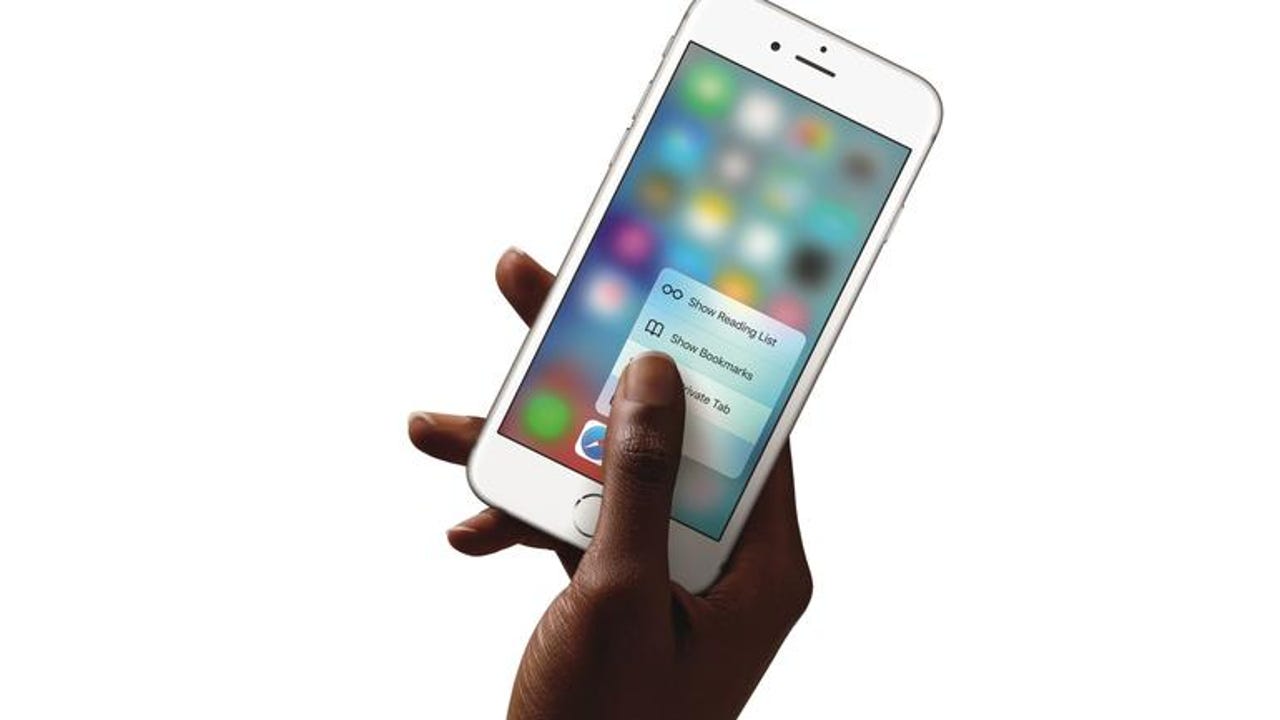Smartphone sales are slowing because you don't want to upgrade your iPhone


Image: Apple
Growth of global smartphone sales continues to slow -- and it's because consumers increasingly don't see good enough reason to spend money on upgrading to a new handset.
Smartphone ownership is beginning to reach saturation point in markets such as Europe and North America, to the extent that vendors are struggling to persuade users that they need to upgrade to the latest model -- like the iPhone 6s -- as they're using devices for longer.
As a result, analyst Gartner's latest figures on smartphone sales suggest that worldwide growth in the sector has dropped to seven percent. That's down from 10 percent growth for the previous quarter. Across 2015 as a whole, growth stood at 14 percent.
One example of slowing sales is Apple's iPhones: 51 million iPhones were sold to end users between January and March, compared to over 60 million during the same period the previous quarter.
According to Gartner, Apple's Q1 share of global smartphone sales stood at 14.8 percent (down from 17.9 in the same quarter a year ago) -- with 84 percent of other users purchasing Android devices. Meanwhile, Windows phones accounted for 0.7 percent of sales, while Blackberry sales made up just 0.2 percent of global smartphone purchases.
Nonetheless, Samsung hasn't directly gained from the decline in iPhone sales; Gartner's figures suggest that year-on-year sales of its devices have remained unchanged, with 81 million devices sold. Samsung sales accounted for 23 percent of total worldwide sales, down one percent on 2015's Q1 figure.
The reason for the lack of growth, says Roberta Cozza, research director at Gartner, is that people are using their smartphones for a longer period before replacing them, with a lifecycle of two and a half years now not uncommon.
"Really, this is about the slowdown and a shift in the balance of in the market in the sense that you see it's reached a certain maturity and saturation," she told ZDNet.
"If you look at why people are extending lifecycles -- it's about the innovation of today and the benefits of upgrading," Cozza said, arguing that many don't see a benefit in upgrading their iPhone or Samsung Galaxy on a yearly basis because vendors are losing the ability to "show value" in their yearly product updates.
However, while Apple and Samsung are struggling to convince us to buy their latest phones -- especially as high prices can put consumers off -- Chinese manufacturers Huawei, Oppo, and Xiamoi have experienced a significant growth in sales
Huawei in particular has seen its share of the market grow rapidly, with almost 29 million units sold during Q1 2016 compared to 18 million during Q1 2015. The 10 million extra units have boosted Huawei's share of the market from 5.4 percent to 8.3 percent.
One reason the likes of Huawei are experiencing such a fast growth rate is that people using iPhones and Samsungs look at the latest models and are put off by the price, so instead upgrade to a Chinese smartphone which offers similar features, but is quite a bit cheaper to buy.
"Some of these new players are the upgrade cycle for a smartphone user who has a smartphone and is looking to upgrade -- but can't afford an iPhone a Galaxy S7. They can find those desirable features, but at a cost they can afford," said Cozza.
In addition Huawei is starting to create genuine high-end options.
"Some of these Chinese brands have come a long way in improving their brand perception to the point where Huawei are now ambitious enough to sell into the very premium end with a device like the Huawei P9. Users are open to newer brands," Cozza said.